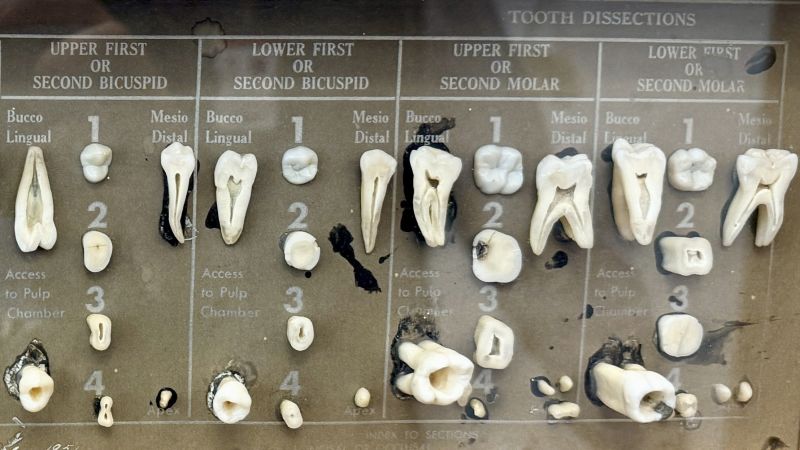Why Are US Lifespans Lagging Behind Europe? Dr. Oz Points to Healthcare System

Concerns about the declining life expectancy in the United States are growing, and Dr. Mehmet Oz recently highlighted a stark comparison with European nations. During a recent discussion, Dr. Oz, a renowned cardiothoracic surgeon and television personality, noted a significant shift in the life expectancy gap, stating that Americans are now roughly five years behind their European counterparts – a difference that wasn't present during his medical school days.
This observation sparks a crucial question: what factors are contributing to this worrying trend? Dr. Oz directly attributed the disparity to the American healthcare system, suggesting that its complexities and limitations are playing a significant role in reducing the average lifespan of US citizens. This isn’t just a statistic; it represents a tangible loss of years of life for millions of Americans.
The Historical Context: A Narrowing Gap
Dr. Oz’s recollection of his medical school experience is particularly telling. He describes a time when American and European life expectancies were nearly identical. This suggests that a relatively recent shift has occurred, raising the urgency to identify and address the underlying causes. Understanding this historical context is vital for developing effective solutions.
The European Advantage: What Are They Doing Differently?
European nations generally boast universal healthcare systems, ensuring access to medical care for all citizens regardless of their socioeconomic status. This contrasts sharply with the US, where healthcare access is often tied to employment or income, leaving many uninsured or underinsured. Key differences often include:
- Universal Coverage: Most European countries guarantee healthcare for all residents.
- Preventative Care Focus: A greater emphasis on preventative care and early detection of diseases.
- Lower Administrative Costs: Simplified healthcare administration leads to lower overhead costs.
- Negotiated Drug Prices: Government negotiation of drug prices results in significantly lower medication costs.
The US Healthcare System: Challenges and Consequences
The US healthcare system faces numerous challenges, including high costs, complex insurance regulations, and unequal access. These factors contribute to delayed or forgone care, leading to worsened health outcomes and, ultimately, reduced life expectancy. High deductibles and co-pays can deter individuals from seeking necessary medical attention, particularly for chronic conditions that require ongoing management.
Furthermore, the fragmented nature of the US healthcare system can lead to inefficiencies and lack of coordination between different providers. This can result in duplicated tests, conflicting treatments, and increased medical errors. The opioid crisis, exacerbated by the system's response to pain management, has also significantly impacted mortality rates.
Moving Forward: Potential Solutions
Addressing the declining life expectancy in the US requires a multi-faceted approach. Potential solutions include:
- Expanding Healthcare Access: Implementing policies to ensure universal healthcare coverage.
- Investing in Preventative Care: Shifting the focus from reactive treatment to proactive prevention.
- Controlling Healthcare Costs: Negotiating drug prices and streamlining administrative processes.
- Addressing Social Determinants of Health: Recognizing and addressing the impact of factors like poverty, education, and housing on health outcomes.
Dr. Oz’s observation serves as a wake-up call, highlighting the urgent need for healthcare reform in the United States. The gap in life expectancy with Europe is not just a statistic; it's a reflection of a system that needs significant improvement to ensure the health and well-being of all Americans.





